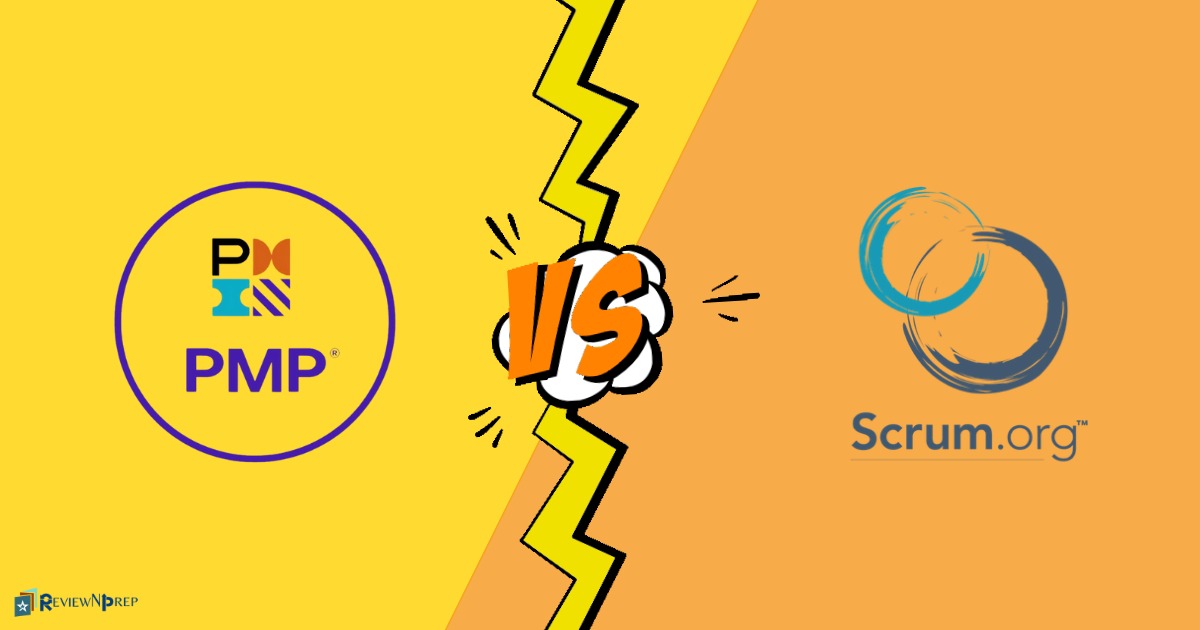|
|
Project Management Professional (PMP) certification is offered by the PMI institute. Lately, the market has been flooded with a number of Project Management, Agile, and Scrum frameworks (and certifications).
Sometimes, when you have many choices, it is easy to get flummoxed about which agile (or scrum) certification to go for and at what point.
Please note that Scrum certification is not the same as Agile certification.
By the end of this blog, hopefully, you will understand the difference between Scrum vs. PMP and be able to pick up the right one to move forward with.
So, let’s first understand the lay of the land –
There are three leading certification authorities for Agile
- Scrum Alliance,
- Scrum.org, and
- PMI.org.
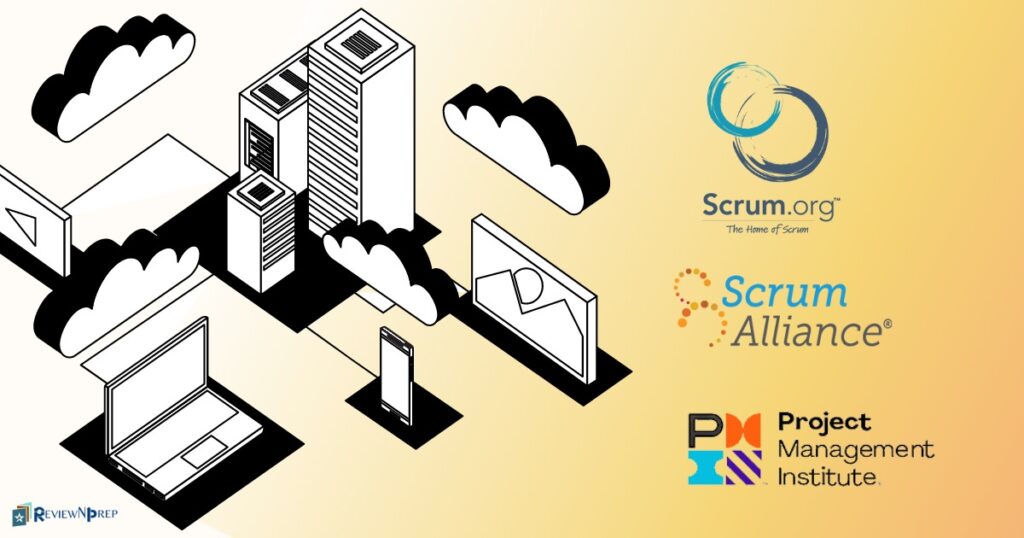
PMI made a late entry in the Agile arena and do not offer a Scrum Master certification at the time of writing this blog.
You can look into others for scaled agile frameworks, like Less, DaD, and ScaledAgileFramework(Safe), to name a few.
As per Scrum.org (dated August 1, 2021), over 567,000 Professional Scrum certifications are held globally. The total number of Scrum masters (PSM-I) from Scrum.org is 409,490. Click here to find a detailed breakdown by certification.
In contrast, there are 1,000,000 PMP certified associates globally.
What is PMP, and why is it needed?
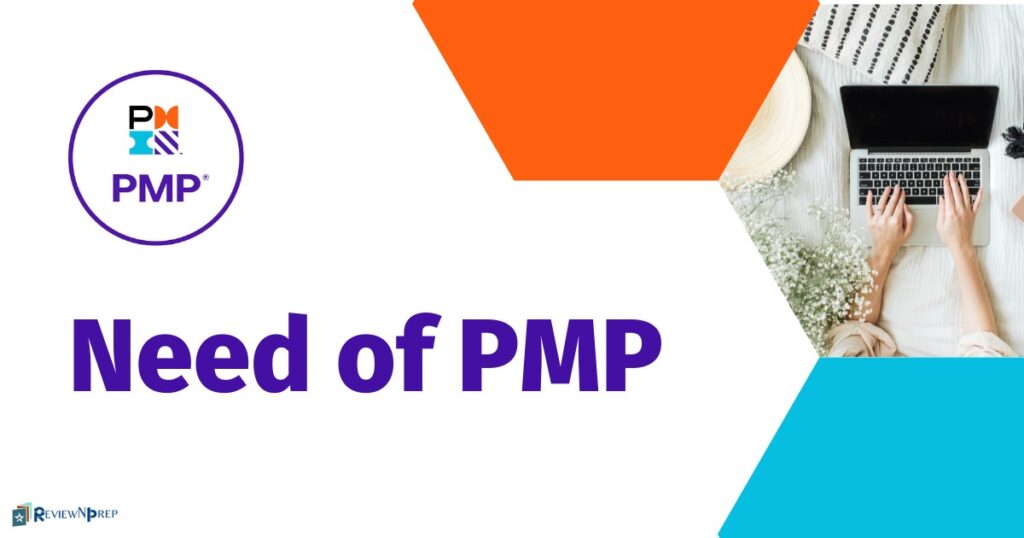
Enroll Now: PMP Exam Practice Questions
Situational + knowledge-based questions that gives competitive edge.
Project Management Professional (PMP) is an internationally recognized professional designation offered by the Project Management Institute (PMI). PMP is the gold standard of project management that helps manage all kinds of projects irrespective of the industry.
PMP certification validates that you can manage projects and project teams. PMP is based on PMBOK guidelines and directions. PMP certification will help you understand Project Management process groups (Initiate, Plan, Execute, Monitor/Control, and Close) and knowledge areas (Time Management, Scope Management, Customer Management, Resource Management, etc.).
These process groups and knowledge areas are helpful and required for agile projects, including those who hold Scrum certifications. PMI offers other industry-standard Project Management (and related) certifications as well.
IMPORTANT: For a complete list of Project Management related certifications offered by PMI, click here
What is Scrum, and why is it needed?
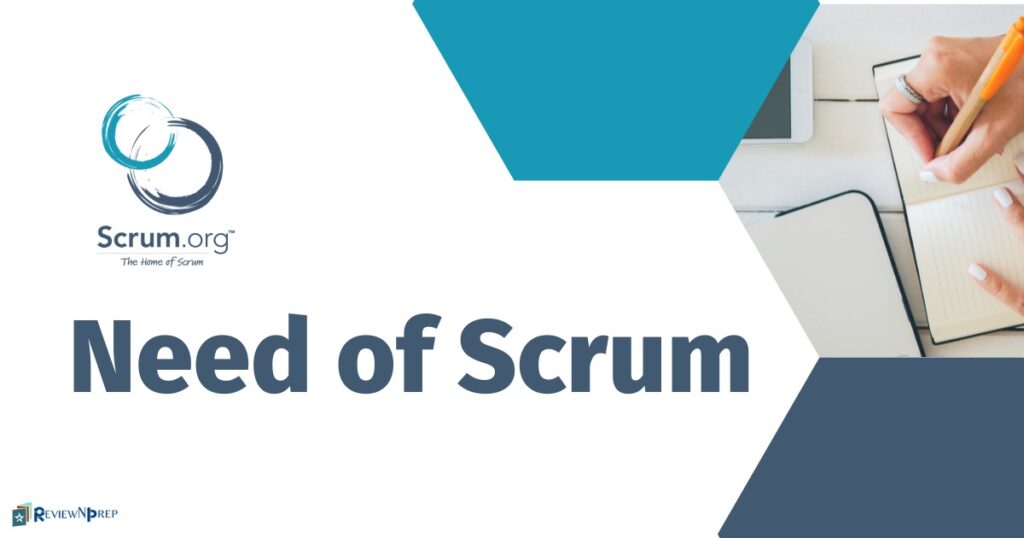
Read: How to Prepare for Professional Scrum Master (PSM) – I certification
Scrum is a framework that helps teams work together. Scrum helps in a significant rise in productivity and reduction in time to benefits compared to the traditional waterfall processes.
Scrum’s lightweight framework helps people, teams, and organizations generate value through adaptive solutions for complex business problems. Scrum is more suited for Software development projects. If you are into IT and more into Development with less experience in Project Management, then Scrum Master is the right certification for you.
IMPORTANT: For a complete list of complete Agile certifications, click here.
What is the Salary of PMP vs. Scrum Master?
In the US, the average salary of a Project Manager is $87,514 as per Glassdoor.
PMP is the gold standard for Project Managers. As per PMI, the median salary for a US-based project manager is $116,000.
Project managers with PMP certification had a 24% higher salary, on average.
This shows the value of PMP in terms of your salary.
In comparison, according to Glassdoor, the average salary for the Scrum Master role is $97,319 in the US.
Clearly, PMP has an advantage in terms of higher pay.
Scrum Master vs. Project Manager: How are they Different?
Both PMP and Scrum Master are roles that will help you execute the project. Scrum Masters are often confused with Project Managers. Both are different roles.
PMP follows PMBOK, and Scrum follows scrum principles.
However, it is worth noting that both PMBOK and Agile methodologies prescribe high-level principles rather than a concrete framework to guide your approach.
Scrum Master contributes to the Agile project supported by Agile Principles as stated in the Agile Manifesto. In agile methods, the teams can follow either Scrum or Kanban.
The Scrum Master is a person who ensures that scrum principles are being followed. Scrum Master ensures the scrum team’s adherence to “Scrum” during agile projects.
While a PMP Project Manager often focuses on traditional disciplined principles like Process design, Process management and control, planning and scheduling, Task management, Risk management, Data analysis, Interactive prototyping, Risk analysis, and management. These guidelines are stated in the PMBOK.
Project manager skills include soft skills like excellent communication, leadership, critical thinking, research, team handling, and management.
Some other key differences are:
Execution: A Scrum Master rigidly follows the scrum rules and endorses the scrum framework. In contrast, Project Managers can customize their approach, which may range from waterfall to adaptive.
In most cases, Scrum Masterworks in IT or related industry, whereas a Project Manager works in a project which can belong to any industry.
The final decision-making authority on the product requirements is not with either of these roles. While Scrum Master assists a Product Owner in managing the product backlog, a Project Manager seeks inputs from the client or other stakeholders, including management or interested party, to execute the project.
Team Size: A Scrum Masterworks in smaller scrum team size of anywhere between 3 to 9. They are responsible for the performance of their small scrum team.
A Project Manager, on the other hand, handles relatively a bigger project team. Especially, the Program Manager can be responsible for multiple project teams. Thus, unlike Scrum Master, the Project Manager is responsible for the performance of various project teams.
Team Collaboration: Scrum Masters facilitate sprint cadences like Sprint Planning, Backlog refinement, Sprint Review, and Sprint Retro. Scrum Master also coaches the team on Scrum.
While the Project Manager prepares a meeting calendar, communication plan and is responsible for most meetings related to the execution of the project. Project Manager can also prepare the work schedule for the team member and assigns responsibilities.
Budget: In some cases, Project Managers are involved in creating and maintaining the project budget. In contrast, Scrum masters (along with the dev team) are responsible for maximizing the product value based on user stories with the help of the Product Owner.
Which is better for a beginner PMP or Scrum?
If you are a beginner, chances are you will not qualify for the prerequisites for PMP. Scrum Master, on the other hand, doesn’t have any requirements for the certifications.
However, just getting a certification doesn’t mean you will get a Scrum Master role. To be an effective Scrum Master, you need to have quite a lot of understanding about how software is made (from planning to shipping), have some people skills, be able to facilitate and coach, have some project management experience/understanding, understand how organizations work, etc.
It can be challenging to get a Scrum Master role “just out of college.”
That being said, there are many parts of being a ScrumMaster that you can practice without actually being the ScrumMaster.
Listening, team accountability, understanding and helping others understand agility, advocating for self-organization, etc., are all things an individual can do as a team member without needing to be Scrum Master in-title. An individual can refer to this in an interview they have for their first Scrum Master in-title position.
Once you have qualified for the prerequisites, go for a PMP to broaden your knowledge, skillsets, and a higher-paying job.
Check out : MBA vs Certifications

Cost of PMP vs. Scrum Master Certifications
The cost of taking the exam for PMP is $550 (USD).
The PSM1 certification test costs $150.
However, one must not neglect the cost of preparing for the certification. The PMP preparation can cost you anywhere from $100 to $3000 based on offline, virtual, to in-person classes.
The official PSM courses start at around $550.
On the other hand, the CSM exam is typically only administered as part of a CSM course. A course can cost anywhere from $595 to $1,500.
The price depends on location, instructor, and whether the course is in-person or online.
Prerequisite for PMP
Read: How to Prepare for CAPM Certification
Also check: CAPM Practice exams
Candidates should fulfill certain education requirements and relevant experience in project management. Most importantly, candidates must have achieved the desired project management experience in the eight years before applying for the exam. The eligibility requirements for the PMP certification exam are as follows:
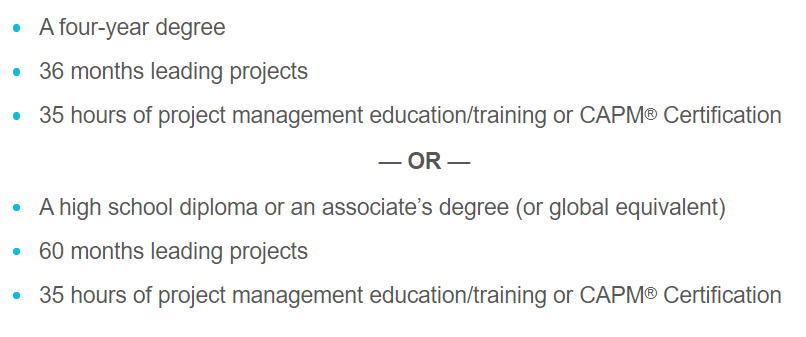
Go through the PMP beginner’s guide for detailed information.
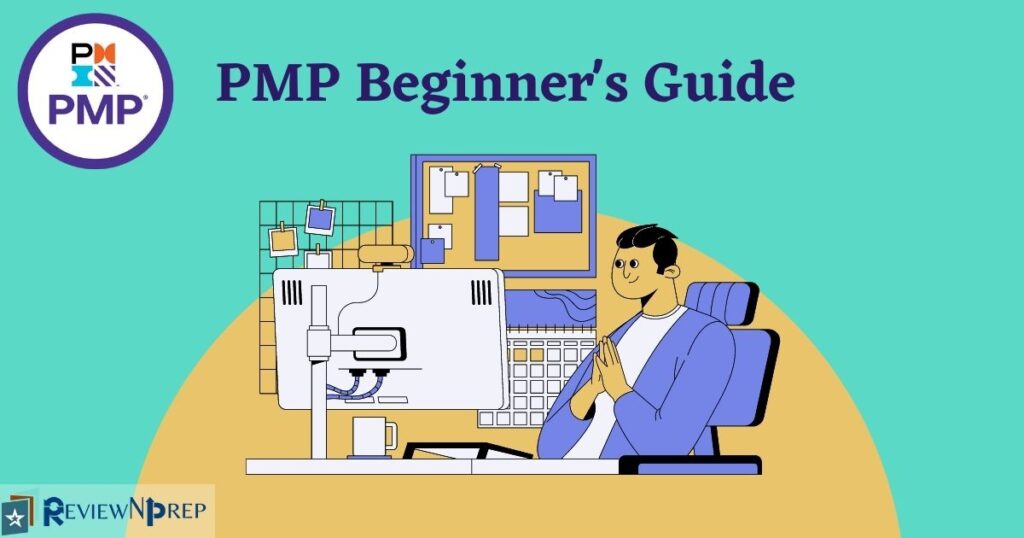
Prerequisite for Scrum
It is advised that one must engage in this field only if they have a knack for project management and want to learn more.
A candidate must complete a 2-day course (16 Hours) led by a Certified Scrum Trainer, or CST, or receive one-on-one coaching from a Certified Agile Coach, or CAC. Receive 14 hours of online or 16 hours of in-person training with a CST or 25 hours of interaction with a CAC.
Read : Getting started with Scrum

Can you take both PMP and Scrum – is it beneficial?
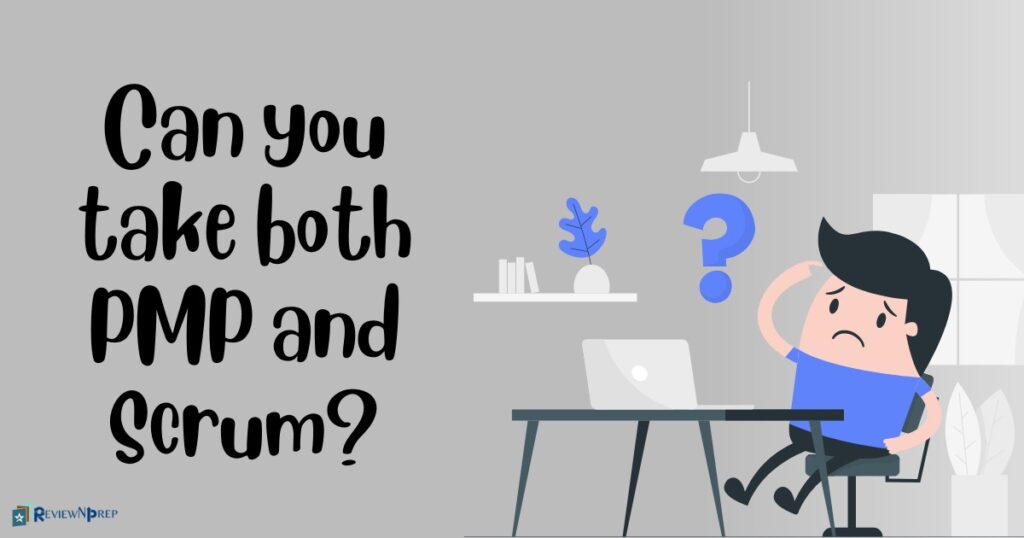
Yes, and that is often the case.
Scrum Master and Project Manager both understand the importance of quality and commitment. The traditional Project Manager role, especially in IT, is dead. However, PMI has greatly enhanced its framework to include Agile as a key value in project execution to align with modern execution practices.
Because of its strict application and passing criteria, PMP is still the best certification out there as far as project management is concerned.
However, getting a Scrum Master certification on top of PMP is like icing on the cake. Each certification is suitable for a particular type of project. It will open up more doors as far as job prospects are concerned.
Job roles after PMP and Scrum?
The Scrum Master and PMP certifications will open up doors for better job opportunities. Acquiring these certifications shows an individual’s commitment to learn new things and stay updated with advancements in the Scrum and Project Management domain.
Scrum Masters often become coaches, mentors, product owners, managers, or continue as Scrum Masters in more challenging situations.
After getting your PMP, some of these roles you can apply for are:
- Project managers
- Associate/Asst. Manager – Projects
- Team leads/Managers
- Project Executives/Engineers
- Software Developers
- Technical Project Managers
- Project Delivery Manager
- Business Analyst
Conclusion: Which certification is better, PMP or Scrum Master?
Which is better?
It all comes down to where you want to be in the future.
Getting certified in PMP or Scrum are both great career moves depending on your situation. Both certifications can expand your knowledge in project management practice. To work as a part of small Agile Scrum Teams in startups, you should consider a Scrum certification. PMP: PMP is mainly used by companies that follow a traditional approach to project management. Pick the one that’ll positively affect your job and your career the most. The CSM or PSM certification will be more likely to help you the most if you are currently working in agile project management. The PMP certification is an excellent choice if you are interested in handling large projects and big teams looking to solidify your interest and role as a project manager.
There is a possibility that both the PMP and the CSM certifications could benefit you. In that case, it is often recommended to take the CSM exam first, as it is a 2-day certification process. The PMP exam usually takes candidates 3-4 months to pass and should be planned accordingly.
Stay tuned for more such interesting blogs, and hop on with us if you are looking for upskilling and upgrading yourself professionally.
Disclaimer: We do not represent PMI, ScrumAlliance, Scrum.org. We do not own their respective logos or trademarks.
